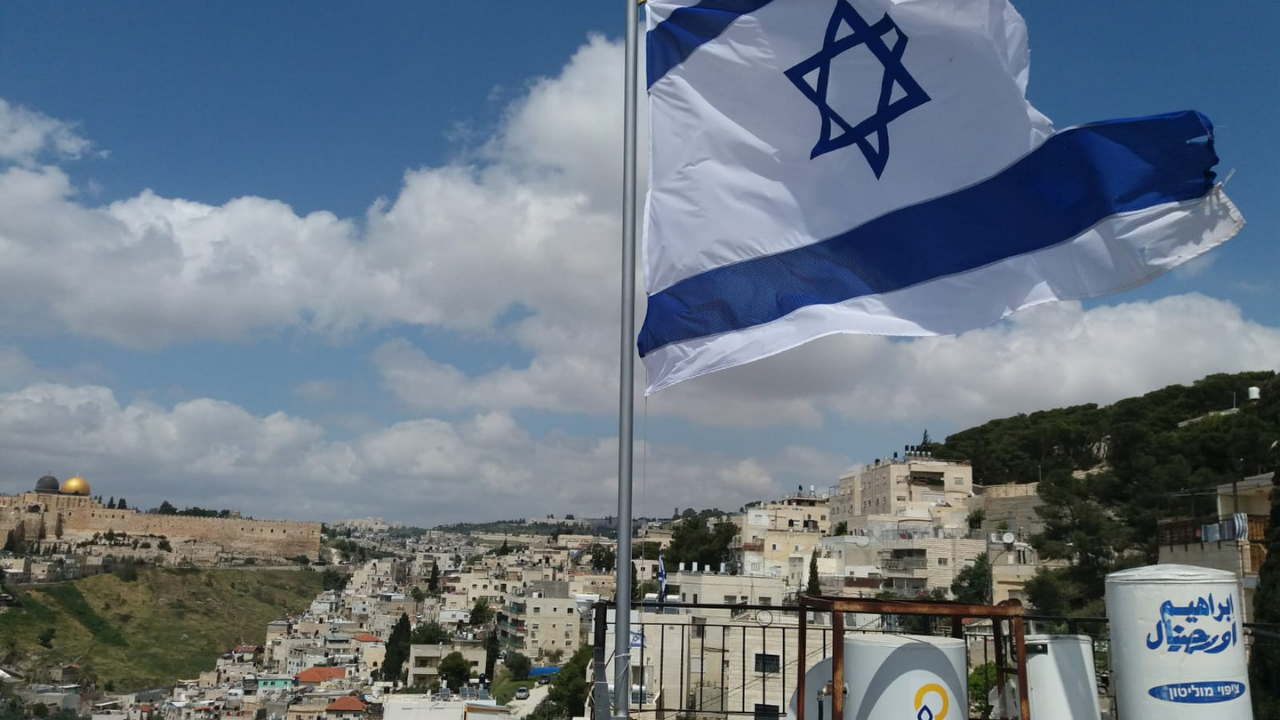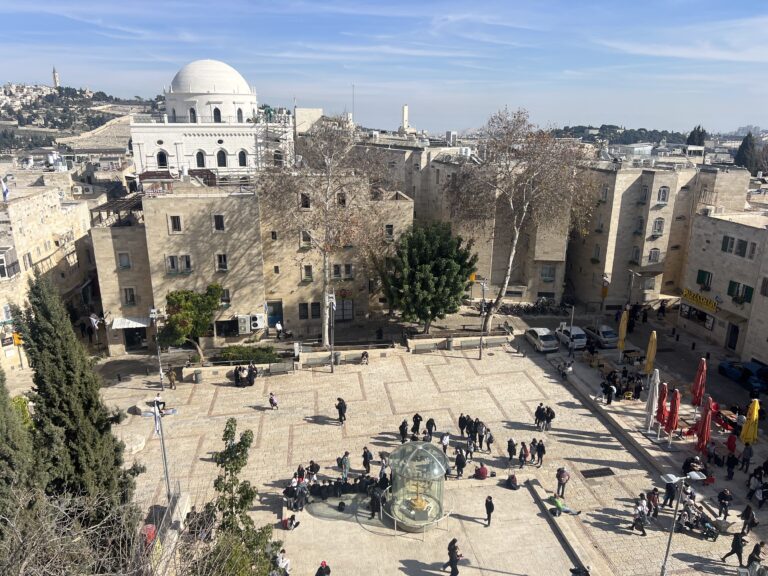The Demands of Jerusalem
From our earliest sources, we find that the people of Yerushalayim took upon themselves a higher level of stringency than the average Jew. For example, the Mishna in Sukkah relates that the residents of Yerushalahyim would carry their Lulav and Etrog the entire day. Fast forwarding two thousand years, the custom of Yerushalayim today is to bring in Shabbat forty minutes before sunset which is approximately twenty minutes earlier than most communities. Why? What is the rationale behind these stringencies?
Perhaps an explanation can be found in an idea that emerges from a law of our parsha. The beginning of our parsha relates to the sanctity of holy people in the form of kohanim, and holy items in the form of sacrificial meat and terumah. Towards the end of this section, we find an exhortation that the kohanim should protect the sanctity of the latter:
But [the priests] must not allow the Israelites to profane the sacred donations that they set aside for God.
On the simple level, this verse commands the priests to ensure that the average Jew does not partake of the sacrificial meat.
On a different plane, though, the Talmud teaches that this verse has implications for the intentionality necessary when offering a sacrifice in the Beit HaMikdash. The Amora Rav taught that if one brings a korbon chatat (sin offering) thinking that it is a different korbon, then the sacrifice is invalid. However, if one slaughtered that same korbon chatat thinking that it was a chulin (a regular animal) then the sacrifice is valid. At first glance, this is counterintuitive. Shouldn’t one’s intention that the sacrifice is really a regular animal be worse than confusing one type of sacrifice with another?
The explanation implicit in the Talmud is that the issue at hand is one of relevance. A regular animal is so far removed from the world of sanctity and the Beit HaMikdash that it does not even register as a thought that can invalidate a sacrifice. Only a thought about another sanctified sacrifice registers as a mistake and can invalidate the sin-offering.
The Divrei Sha’arei Chaim explains that this idea has broader ramifications regarding sanctifying God’s name in the world. Ideally, all Jews should aspire to live their lives in such a way that it brings honor and glory to God’s name. However, this occurs in varying degrees. Just as in the world of korbonot, the more sanctity the incorrect thought has the more it can negatively impact the sin-offering, the same applies in the world of sanctifying God’s name. If a regular person acts inappropriately then it disgraces God’s name to a degree. But the damage is exponentially worse if people who are supposed to be holy and elevated act inappropriately. The more sanctified a person is, the more responsibility he has in the world of Kiddush Hashem since his actions carry more weight.
Perhaps this explains why the residents of Yerushalayim have extra stringencies. They intuitively realize that they are living in God’s home and represent the city and therefore God to the rest of the Jewish people and the world. To make a Kiddush Hashem in this context requires a more scrupulous approach to mitzvah-observance. The people of Yerushalayim lived and live up to the great task.



